Harris, Reed & Seiferth
|
|
Why buy a vacant home? One of the biggest perks is being able to make the home whatever you want it to be. You can make it your new home, create a vacation home, rent it out, or fix it up and sell it to someone else. In some cases the seller may be willing to sell a vacant home cheaper than an occupied home. This is good news for you because you can save some money, but it could also mean something might be wrong with the house. It may need a little love, attention and renovating. Before you purchase a vacant home, here are a few things to do and watch out for: Professional Inspection Ask for an inspection from a professional and take notes on what they discover. You'll want to know what's broken, what needs to be fixed and what could possibly go wrong. (Note: Be prepared to pay for the home's electricity to be on for the duration of the inspection). Critters Since vacant homes can sit for quite some time, critters may come in and make themselves at home. Although they are usually small animals such as mice or bats, they can cause damage to a vacant house. Those unwanted critters can eat at the floors, carpets, walls and wiring. Be aware that you may need to hire a pest control service, and this could be costly based on the number of animals and the amount of damage. Plumbing
There may be plumbing issues that have caused dried and cracked seals, slow faucets, leaks and other issues. If the heat hasn't been on and the temperatures dropped, the pipes could be at risk to freeze or burst (if they haven't already). Appliances The previous owner may not have unplugged their indoor appliances, such as refrigerators and freezers, or let them dry out. There may be mold inside from the moisture being trapped. Having appliances plugged in with no one there could result in a fire (if the electric was on). Appliances in the house may become unusable due to long periods of sitting with no use, which means you will need new ones. Molds Remember, molds can grow on more than just appliances! Check for mold in the walls, floors, pipes…everywhere! Some molds may cause health issues, so if mold is found during your inspection, you may want to rethink purchasing the home. Talk with your inspector about the extremity and presence of mold, and evaluate the safety risks. Unanticipated Repairs There are other potential sources of damage. For example, break-ins are more likely when a home appears empty, and windows, doors and other items could be damaged by the intruder. Storms are another danger. Debris could hit the home and cause damage that may have gone undetected. Always thoroughly inspect the home before buying! There are a lot of things to do and watch out for before purchasing a vacant home, but the possibilities of what the home could be are endless. If you are looking to buy a vacant home but haven't found one yet, there are a few ways to move forward. Look online, talk to neighbors, get a realtor or simply drive around. There are more vacant homes than you think…happy hunting! Do you have more advice on buying vacant homes? Let us know in the comments!
0 Comments
It's important to keep in mind that the life of an RV tire cannot be measured by miles alone, nor can you always rely on tires that "look good."
Given the stop-and-go nature of many RVers, RVs often sit for extended periods of time in-between use. When they are in use, they are often subjected to heavy loads during extreme weather conditions such as high heat. Both situations can lead to tire damage and failure, which can quickly put a damper on any trip — or turn into a dangerous situation. The primary reasons for RV tire deterioration include the following: Ozone and UV Exposure Over time, RV tires are exposed to a great deal of UV rays and ozone poisoning. This can lead to cracks in the rubber, especially in a tire's sidewall. Though a tire's exterior may look just fine at first glance, further inspection may reveal small cracks on and within aging sidewalls that worsen with time. Improper Tire Inflation Under- and over-inflation can both lead to blowouts. To help prevent this, check the inflation pressure or your tires at least once a month, and always before starting a trip. Do this when tires are cold, as heat generated during driving temporarily increases air pressure. Never remove air from a hot tire, which may result in under-inflation when the tire cools. Excessive Load Weight and Uneven Weight Distribution Tires frequently subjected to maximum loads will wear faster, while tires that carry loads below their rated capacity can be expected to last longer. Be sure to load your RV evenly. Uneven load distribution leads to uneven tire wear. Tire Construction Tires of different constructions, such as radial and bias ply, as well as different sizes and stages of wear, can harm vehicle handling and stability. Use the same size and type of tire on all wheel positions. All RVs built since 1972 have a certification label that contains the following important information:
Tire Care Tips The most important thing you can do to extend the life of your tires is to inspect them regularly. The following tips will also help:
Need RV Insurance? In addition to RV tire care, make sure you have insurance coverage specialized for your RV. Check out our RV Insurance coverage options or get a quote. Homes become vacant for many reasons. Maybe your home is for sale but you haven't found a buyer yet. Or you've purchased a new home but won't move in for a while. It could be a rental property that's between tenants. Whatever the cause, there are some insurance risks that you should keep in mind.
You may be thinking, why get vacant home insurance when you already have regular homeowners insurance? Well, most homeowners policies exclude or limit coverage if the home is vacant, so you'll need more specific coverage. Insurance coverage is extremely important for a vacant home, because there are lots of dangers that threaten vacant homes in particular. If you're debating whether or not you need a vacant policy, talk to your insurance agent! Here are some things to ask about: Cost Vacant home insurance typically costs more than regular homeowners insurance due to potential risks like weather threats, fires and vandalism. However, you may be able to get a discount by installing security systems around the house. Even if your insurance company doesn't provide a discount for extra security, it's a good idea that will make your home safer! Coverage Each vacant home insurance policy is different. Many cover damage caused by fires, lightning, wind storms, hail, vandalism and theft. Check with your insurance company to see what options you have. (Remember to ask if flood damage coverage is an option!) There are also different time lengths for policies. Many are 12 months long, but they could go up to four years, so find out what will work best for you. You'll also want to consider Liability coverage, which applies if anyone is hurt on your property and you're found legally responsible. Restrictions Many insurance companies have different definitions of what is vacant and what is unoccupied. Additionally, there may be a specific time length distinction for the type of coverage. Restrictions can also be based on the age or value of the home. Discuss these variables with your insurance agent to find the coverage that works best for you! Still not sure if vacant home insurance is for you? Contact our local agents to learn more and get a quote! Overall, don't be afraid to ask questions about insurance. Let us know if you have any questions in the comments. Don't forget those loyal family members — your pets. They need preparation just as humans do.
Find shelter for your pets Unless you rely on the assistance of a guide or leader dog, Red Cross and other public shelters cannot accept pets. It's up to you to make other arrangements for your pet. Contact your veterinarian, Humane Society or Animal Control office for more information. There may be space available at 'pet shelters' on high ground in your community. Make sure your pets have up-to-date shots. Pet shelters require proof of vaccinations. Your pet survival kit Before a hurricane strikes, be sure to put together a Pet Survival Kit:
Keep an eye on your pet after a hurricane After the danger has passed, be careful in allowing your pet outdoors. Familiar scents and landmarks may be altered, and that could be confusing to your pet. Be careful that your pet doesn't become lost. Downed power lines present real danger to your pet, as do snakes, insects or animals driven to higher ground by floods. Most turtles begin to move as the weather warms. This may be for mating, nesting or many other reasons. Of course, turtles move much slower than cars (and don't understand human traffic laws), which makes crossing the road incredibly dangerous. To celebrate and protect all of the turtles out there, here are some tips for safely helping them reach their destination!
Safety First If you see a turtle on the road, remember to use the correct signals when pulling over. Keep your flashers on to warn oncoming vehicles and always check your surroundings. Moving the Turtle If the turtle is moving at a decent pace, you may be able to stand nearby and watch it cross. If the turtle is stagnant (or if you are uncomfortable touching the turtle), you may use a blunt object to help push it. Make sure the object isn't sharp, and be gentle! This will be your best option for moving a snapping turtle, they may bite if you use your hands. Picking up the Turtle Most turtles will hide in their shells if they are frightened, which makes it easier for you to pick them up. Place both of your hands behind the front legs and towards the back legs. The turtle may try to kick, so don't hold it up high – you don't want to drop it! Also, it's very important to never pick up a turtle by the tail, as this can severely injure them. Car Mat Another option for moving the turtles is using a car mat. This works best for larger turtles that you may not be able to lift. You can allow the turtle to walk onto the mat, or help gently push it onto the mat. Be sure to carry the mat low to the ground in case the turtle falls off. Going the Same Direction Be sure to move the turtle in the same direction it was trying to go. If you place it back where it was coming from, it will most likely turn around and return to the road. Do Not Take it with You Turtles and other wildlife are meant to stay in the wild. No matter how cute turtles can be, resist the temptation to bring it home. When taken out of their home areas, they will most likely try to go back. They are not pets so they need to be in their natural environment. Injured Turtles An injured turtle may look dead, so if you are unsure as to whether or not the turtle is injured, there are a few tricks you can try. Try gently touching the back of their foot, or touch the corner of its eye to test for a reaction. The turtle may try and kick, or move its head or eyes. If a turtle has a crack in its shell, it might drown if it returns to the water. If the turtle you find has a damaged shell, or seems seriously injured, contact a professional. Many veterinarians, animal shelters and wildlife rehabilitation centers will treat them for free. As one of the most common crimes, burglary is nothing to be taken lightly. Did you know that a burglary takes place every 18.2 seconds in the United States? That adds up to nearly 200 per hour, 4,800 per day, and 1,752,000 every year!
And unlike common belief, most of these burglaries happen in the middle of the day. According to the National Council for Home Safety and Security, break-ins are more likely to happen between 6AM and 6PM, right in the middle of the day! With the fall season upon us and the holidays approaching, it is important to make your home safe from break-ins. While there are many safety recommendations out there, HowStuffWorks has covered the seven most effective. Don't showboat. If you've just purchased a pricey new computer or television, breakdown the box and place it in the garbage bin instead of leaving it on the curb for everyone to see. Also, take a walk around your house to see how visible expensive items are with the curtains open. You may want to move some of them out of view to avoid enticing thieves. Pretend to be home. A break-in typically happens when no one is home, especially during the day while many people are at work. For that reason, create an illusion that someone is still there. You can leave a light on, along with music or your television. Secure sliding doors and windows. You can easily break into some older sliding doors by simply popping them off of their frame, even when locked. It's harder to do that with newer ones, but you should still take extra precaution to secure them since they can be an inviting entry for burglars. Simply take a strong dowel, steel bar or two-by-four and slide it into the back groove. Although you should always lock your windows before leaving the house, you can install a simple pin or nail into to the frame to stop it from raising more than a few inches. This will add an additional layer of security in case someone pops off the screen and you have left the window unlocked. Also remember to check window air conditioning units. If you can jimmy the window up from the outside, add a stopper to that frame. Don't leave a spare key out. It may seem like a good idea to leave a spare key hidden under a flower pot or doormat in case you get locked out of your house. But that's an open invitation for a burglar to walk inside without any difficulty. Instead, give a spare to a neighbor you know well or friend who lives nearby for safekeeping. Remember to never put any identifying information on your house keys. If you lose them, and someone else finds them, it would be fairly easy to trace them back to your home and break-in. Secure your yard. Tall shrubs and overgrown trees are welcome hiding places for criminals to wait until the coast is clear to get into your house. That doesn't mean you need to cut down every plant in your yard. Just keep things manicured. Prepare before vacation. Alert neighbors you trust about your trip and ask that they keep an eye on your property during that time. More importantly, when you leave town, don't leave signs of an empty house. First, if you have a home phone, don't change your message to alert callers that you have left town. Also avoid having piled up mail, overgrown lawns and newspapers strewn about your yard that send surefire signals you're miles away. Last, but certainly not least, don't announce vacation on social media. Lock it up. More than 40% of break-ins happen without the use of force, which means a lot of people are leaving their houses without locking the doors and windows. If you have a thumb latch lock and a deadbolt on your doors, always lock the dead bolt. Double-check weaker doors such as patio and sliding ones to make sure their locks are strong enough to withstand kicks. When you leave your home, don't forget to lock up the door leading from the garage to inside. Even if your garage door is down, someone can easily open it. According to the American Red Cross, more than 200 young children drown in backyard swimming pools each year. That's pretty scary to think about. And if you're a parent, that's your worst nightmare. Luckily, there's ways you can prevent a tragedy from happening in your backyard by following these guidelines from the American Red Cross:
Happy Independence Day! Harris, Reed & Seiferth Insurance Group hopes you are enjoying your holiday break in the sunshine. If you’re cooking out this Fourth of July, it's important to be extremely cautious and alert at all times! According to the National Fire Protection Association (NFPA), July is the peak month for grill fires. To avoid fires or unwanted burns, and of course - home insurance claims - review the tips below to have a happy and safe holiday.
|
Categories
All
Archives
May 2024
|
Social MediaContact UsNavigation |
|
Website by InsuranceSplash
Privacy Policy | Terms of Use
© 2025 by HARRIS, REED & SEIFERTH INSURANCE GROUP, INC. All rights reserved.
© 2025 by HARRIS, REED & SEIFERTH INSURANCE GROUP, INC. All rights reserved.

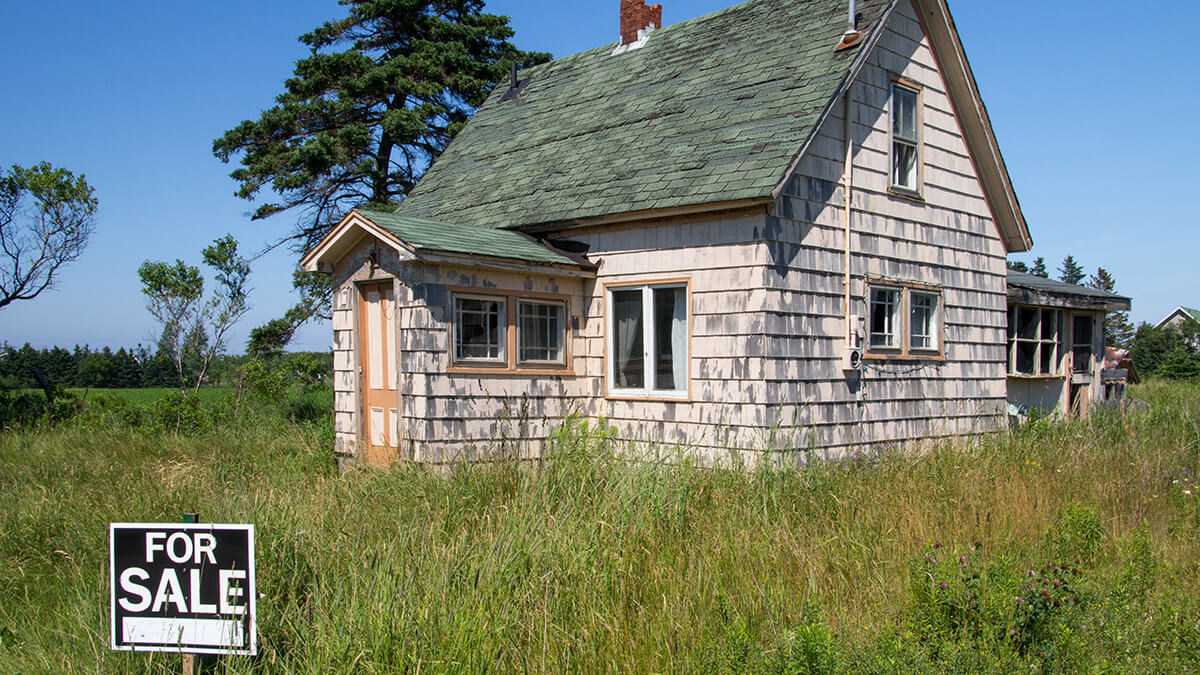
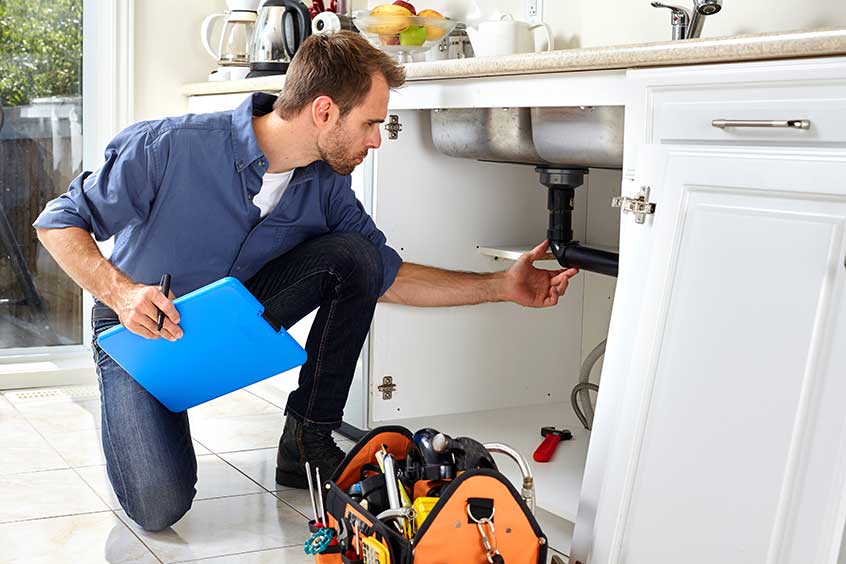
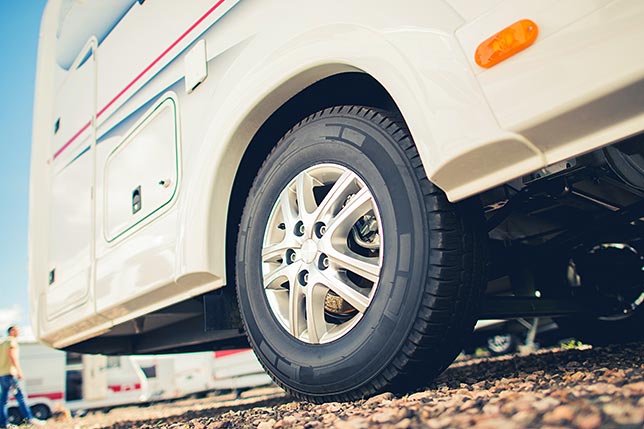


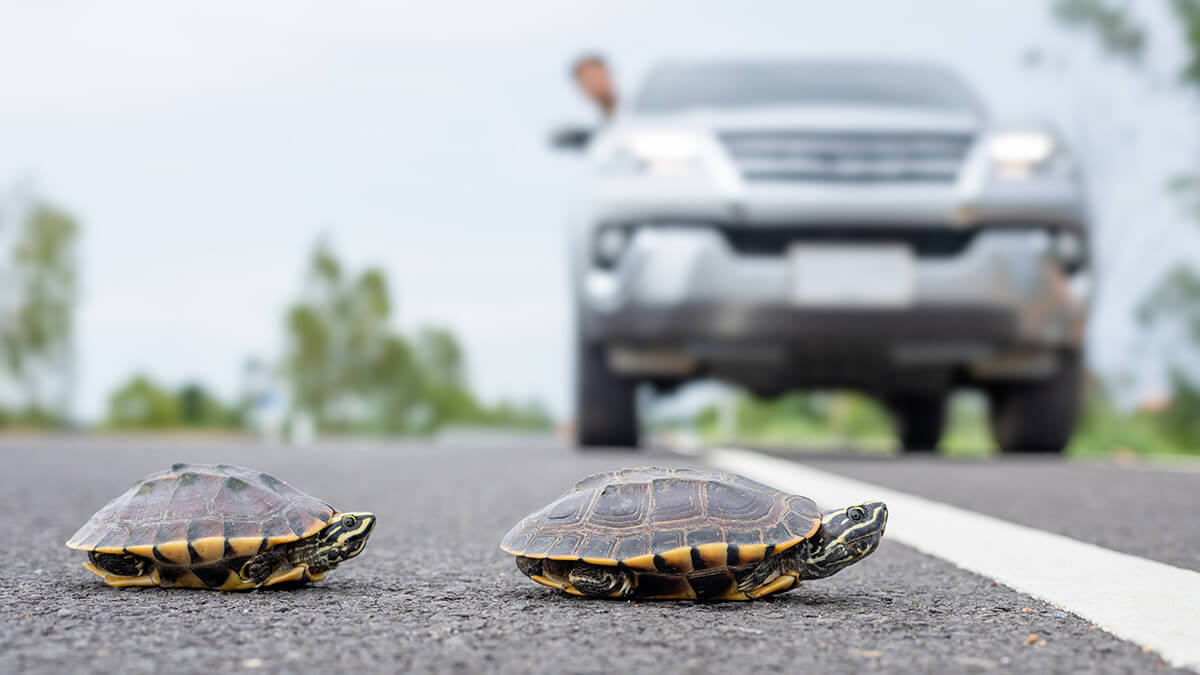
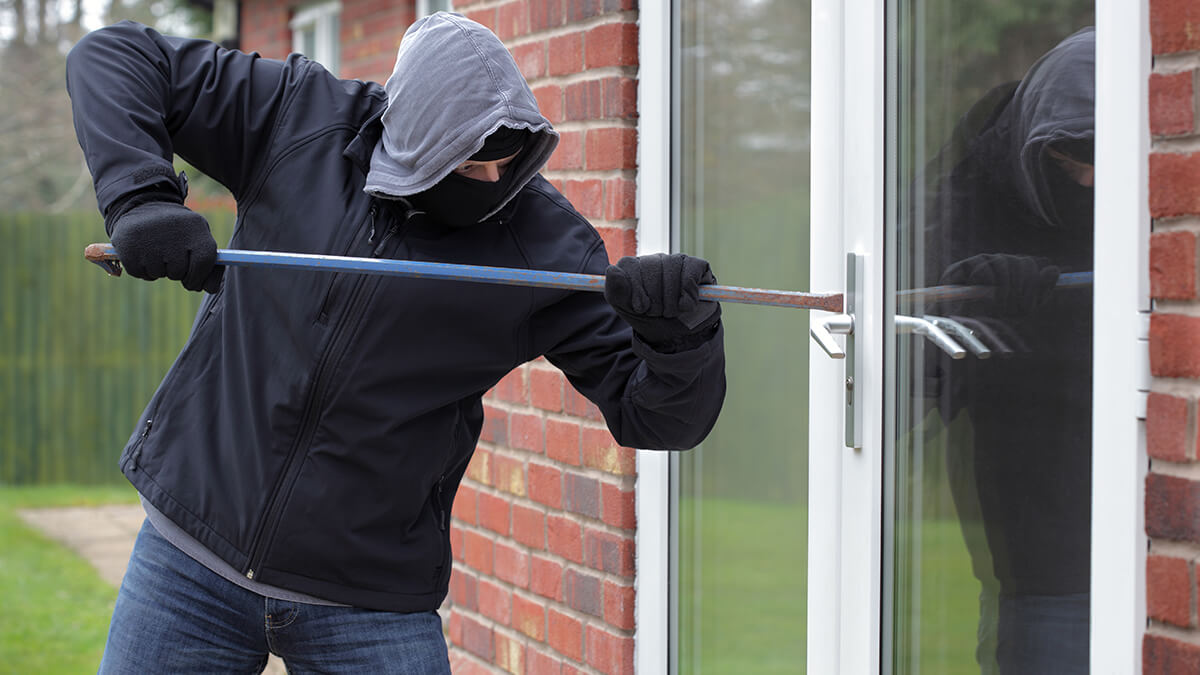

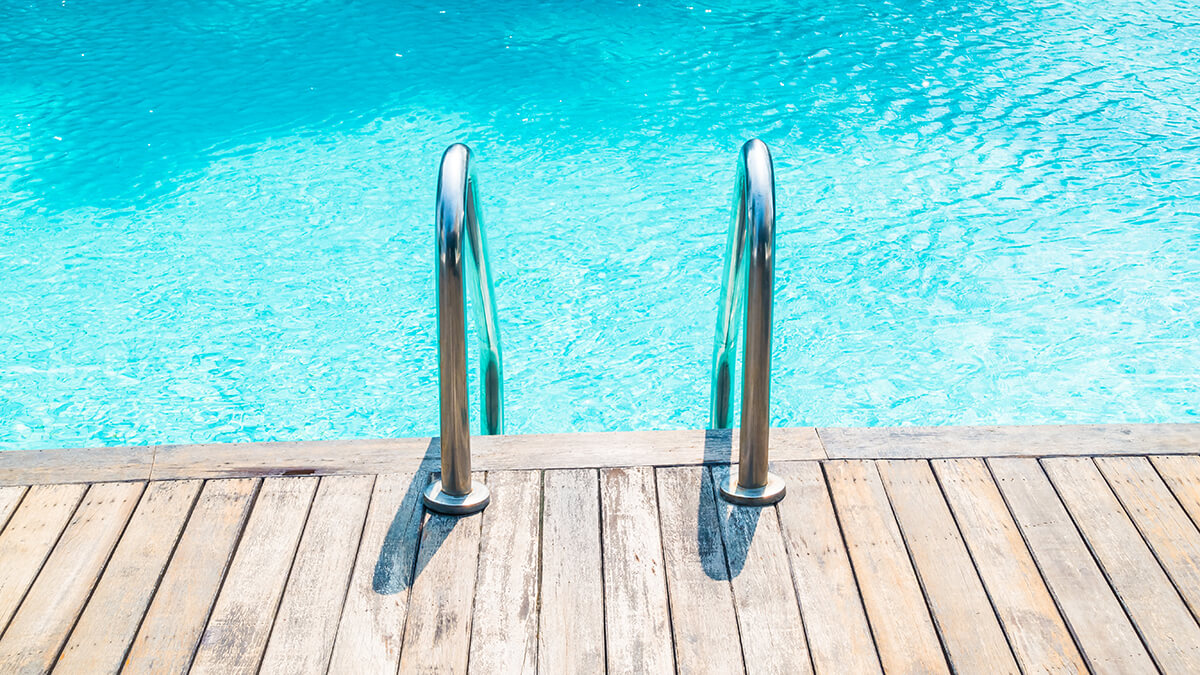

 RSS Feed
RSS Feed